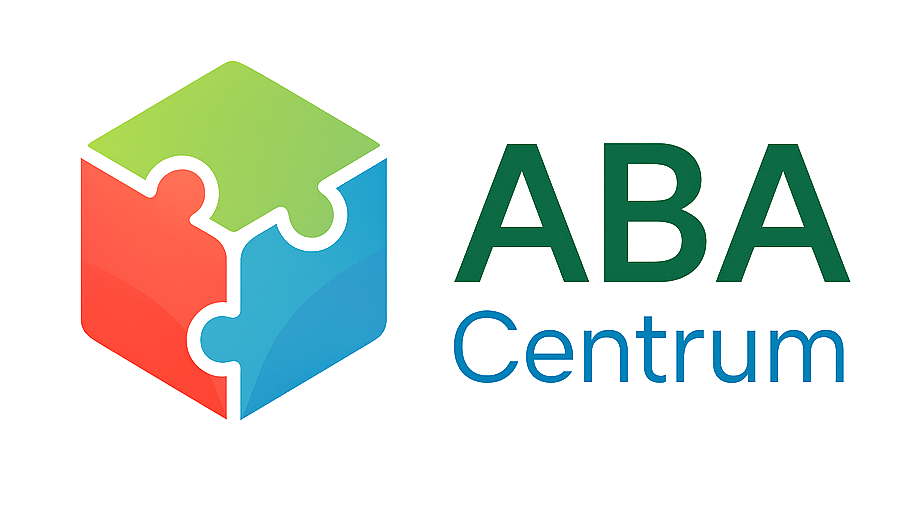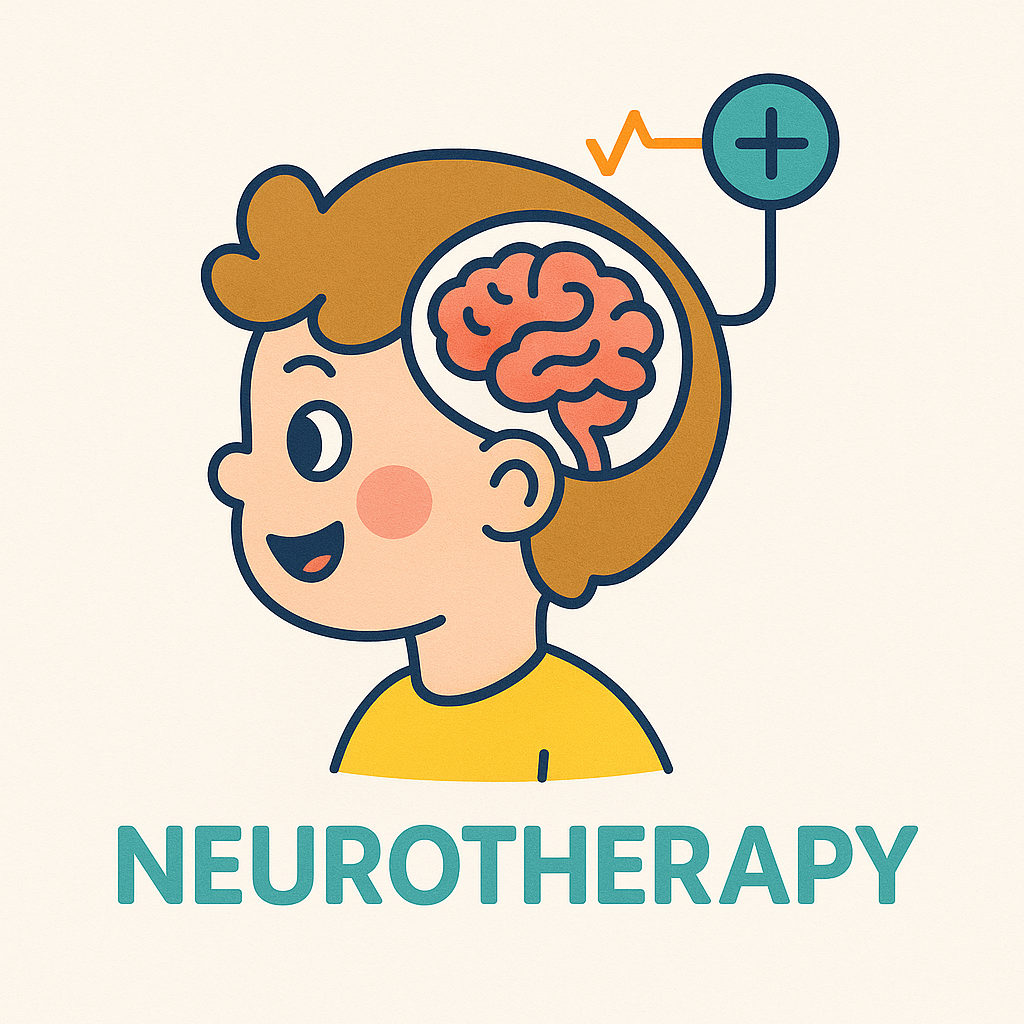Neurotherapy
Neurotherapy is a complex of special psychological methods that are aimed at restructuring impaired brain functions and creating compensatory means so that the child can continue to learn independently and control their behavior.
Neuropsychological therapy is intended for children from preschool age to puberty. It is especially recommended for such types of deviations as:
- Children with ASD
- mental retardation
- delayed mental development
- neurodevelopmental disorders
- dyslalia
- dysarthria
- dysphagia
- ADHD
- And others
In neurotherapy, we use techniques that serve to overcome deviations and disorders in the development of mental functions in children aged 4 to 15. Neurotherapy is particularly effective when working with children who have:
- manifestations of hyperactivity, impulsivity;
- excessive fatigue, irritability;
- distraction, clumsiness, inaccuracy;
- difficulties with thinking, speech, spatial representations, attention and memory;
- slow school performance due to problems with writing, reading, counting.
All these disorders have a common cause: weakness or lack of formation of the necessary neural connections in the child's brain.
A child's brain is formed throughout life. This process has its own order, it has a number of precisely defined stages. If these stages are disrupted for one reason or another (difficult birth, illness, developmental characteristics or adverse influences of the environment in which children grow up), brain development is also disrupted.
In such cases, the child needs neurodiagnostics and neurodevelopmental and behavioral therapy.

